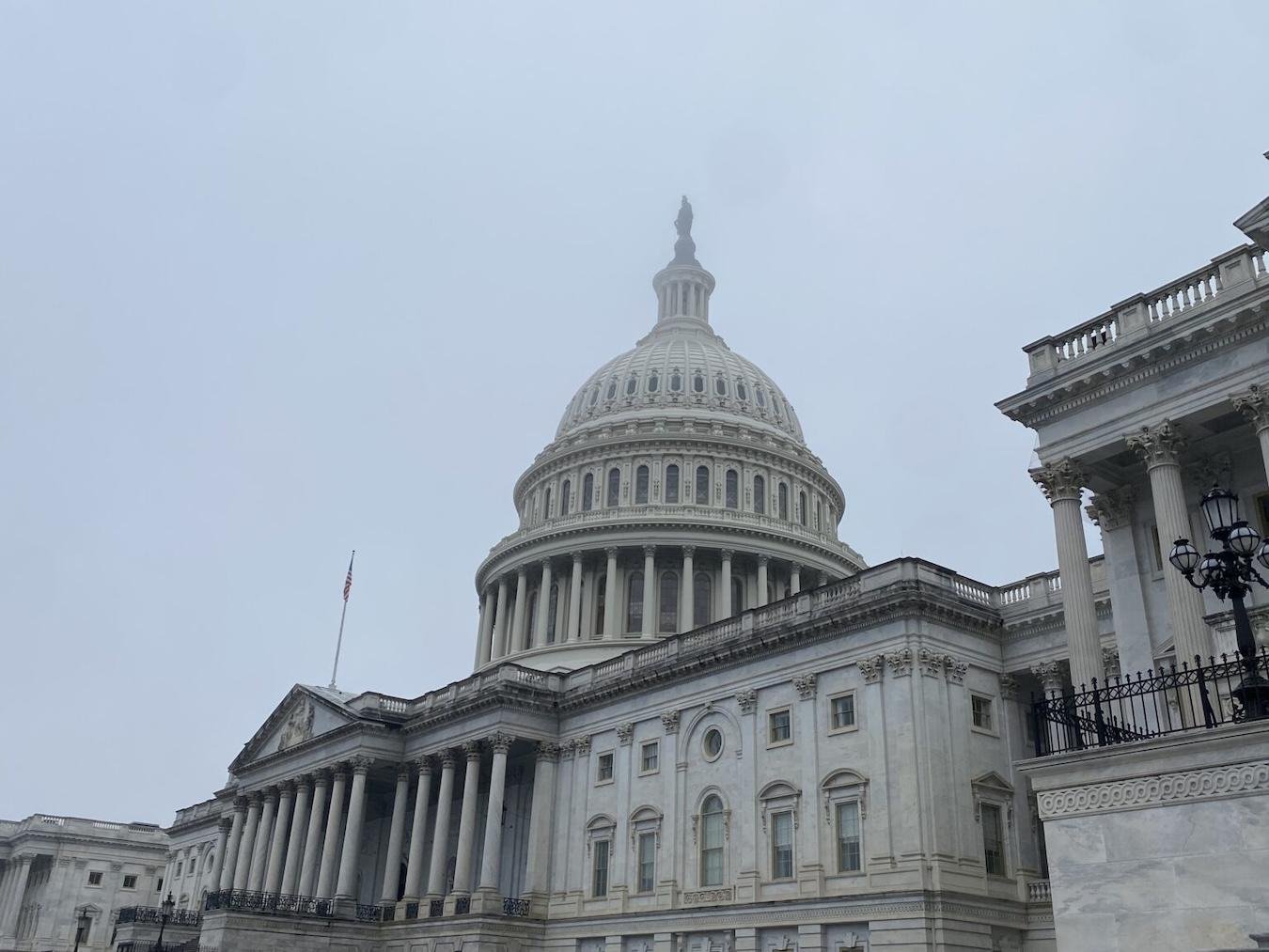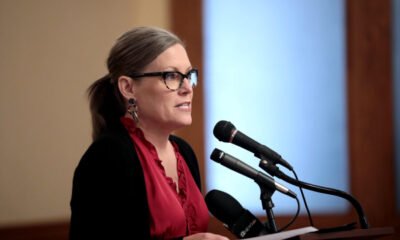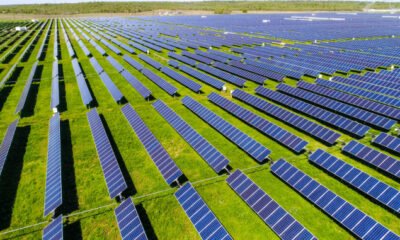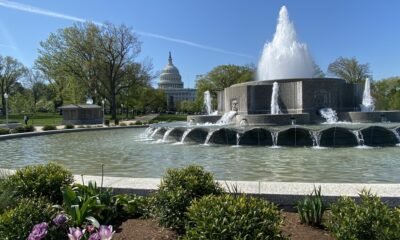Business
Congress Members Sneak Pay Raise Into Crucial Spending Bill

Congress is on the verge of receiving its first pay increase since 2009, contingent upon the passage of a significant stopgap spending bill aimed at preventing a partial government shutdown. This development arises as the 1,500-page funding measure, released on Tuesday, lacks a provision that has historically blocked such raises for lawmakers.
According to a September report from the nonpartisan Congressional Research Service, a 1989 law mandates automatic annual cost-of-living adjustments for Congress. However, since 2009, every spending bill has included a clause prohibiting these increases. The current bill opens the door for an increase, with the maximum allowable adjustment for next year set at 3.8%, potentially raising the base salary from $174,000 to $180,600.
Despite their hefty salaries, members of Congress have experienced a real pay decline of 31% when adjusted for inflation since 2009. Historically, Congress has opted to halt pay raises due to their unpopularity among voters. The inclusion of provisions that could benefit lawmakers, like access to the Federal Employees Health Benefits Program, has incited criticism from within, particularly from moderate Democrats.
Maine Democrat Jared Golden, known for his populist stance, has publicly stated his opposition to the funding bill if the provisions remain. “Congress should be working to raise Americans’ wages and lower their health care costs, not sneaking new member perks into must-pass legislation behind closed doors,” he remarked. Golden emphasized that if lawmakers cannot manage their salaries, they should consider alternative careers.
As the Republican party prepares to assume unified control of the government next year, billionaires Elon Musk and Vivek Ramaswamy have been assigned the task of suggesting $2 trillion in federal spending cuts. They have both voiced their opposition to the stopgap bill, with Musk wrongly asserting the pay increase equates to a 40% raise.
The spending bill also allocates $100 billion for disaster relief, fully funds the reconstruction of the Francis Scott Key Bridge in Maryland, and permits year-round sales of a gasoline blend containing up to 15% ethanol. Lawmakers face a critical deadline, as they must pass this funding bill before midnight Friday to avert a partial government shutdown.


















